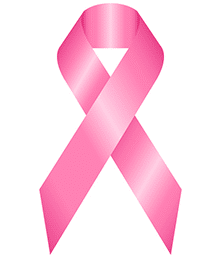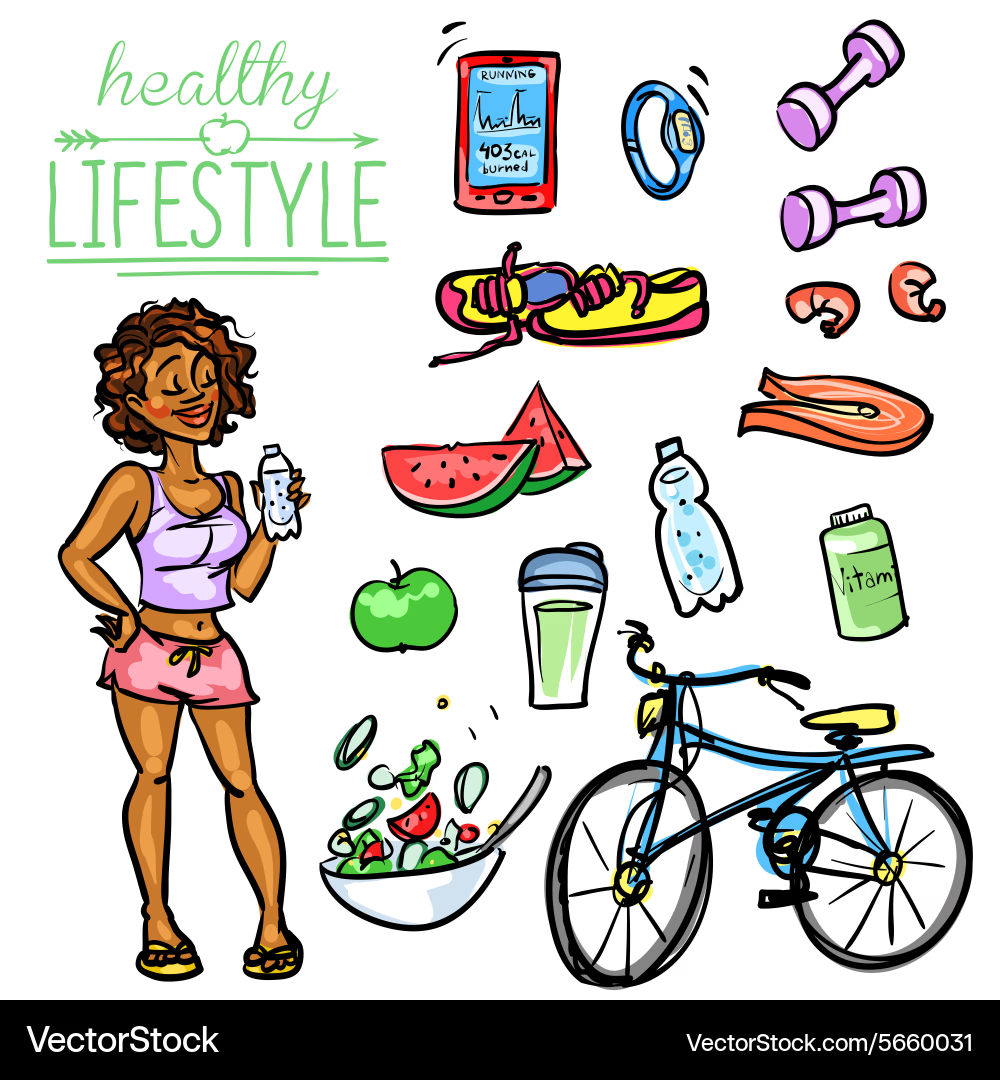Emotional and Social Impact
Breast cancer impacts more than physical
health—it brings lasting psychological and social challenges. From
diagnosis, many patients face “a flurry of emotions, shock, fear, worry,
and depression,” which, if ignored, can reduce treatment adherence and
quality of life. Zhou and Yao (2022) note that emotional resilience is
more likely to develop in survivors who receive strong emotional and
social support.
Social networks—including family, friends, doctors, and peer groups—are
essential for coping. Physical changes such as mastectomy or hair loss
can harm self-esteem, and many women feel isolated. Peer groups, whether
in person or online, “offer a safe environment where one may share
experiences, find strength in others, and lessen feelings of loneliness”
(Zhou & Yao, 2022).
Social and financial burdens are also significant. Disruption of family
responsibilities, extended work absences, or leaving a job entirely can
cause serious hardship. Dunbrack (2010) explains that “lack of job
accommodations, discrimination, or tiredness can all hamper re-entry
from treatment.”
In low-resource settings, these issues are compounded by structural
barriers. Adam and Koranteng (2020) report that “poor healthcare
infrastructure, high out-of-pocket expenses, and vast distances to reach
medical facilities” delay treatment for Ghanaian patients and worsen
psychological strain.
A patient-centered approach should integrate mental health services,
counseling, and financial guidance into multidisciplinary teams.
Policies supporting paid medical leave, occupational reintegration, and
disability benefits can help recovery. Emotional and social care must
receive the same priority as medical treatment.
 Breast Cancer
Breast Cancer
